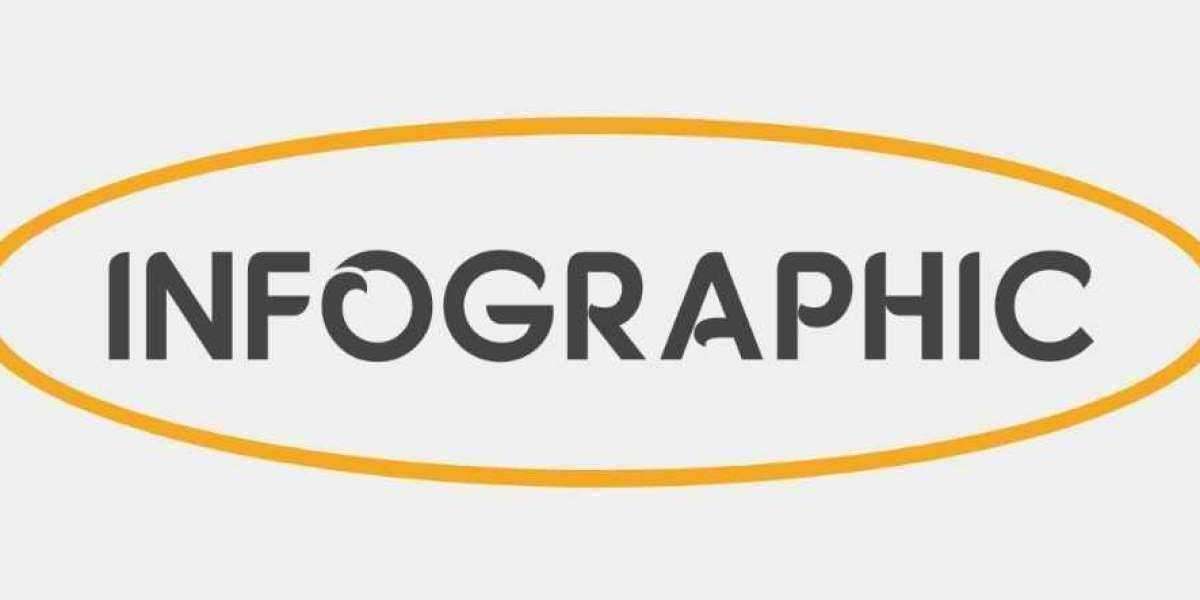Chillers are a critical component of modern HVAC systems, widely used in commercial, industrial, and institutional settings for efficient cooling. Whether in an office building, hospital, or manufacturing plant, a chiller breakdown can lead to discomfort, productivity loss, or even halted operations. That’s why regular chiller maintenance and repairing are essential to ensure peak performance, energy efficiency, and extended equipment life.
Why Chiller Maintenance Matters
Chillers operate under high pressure and are often in constant use, making them prone to wear and tear. Scheduled maintenance helps in:
Improving efficiency: A well-maintained chiller consumes less energy.
Preventing breakdowns: Regular inspections help detect issues early.
Reducing operational costs: Avoids expensive emergency repairs and downtime.
Extending equipment life: Proper care helps chillers perform optimally for years.
Key Components Checked During Chiller Maintenance
Compressor
The heart of the chiller. It must be checked for proper oil levels, vibrations, and unusual noise.Condenser Coils
Clean coils allow better heat transfer. Dirty coils lead to poor performance and higher energy bills.Evaporator
Inspected for scale buildup and proper refrigerant flow.Refrigerant Levels
Low refrigerant can indicate a leak and affect cooling efficiency.Electrical Components
Panels, wires, and connections are checked for wear and safety compliance.Control Systems
Proper calibration ensures the system responds accurately to temperature changes.
Common Chiller Problems and Repairs
Refrigerant Leaks: Usually caused by worn-out seals or corrosion. Repaired by leak testing and recharging.
Sensor Failures: Faulty temperature or pressure sensors can give false readings. Replaced or recalibrated as needed.
Compressor Malfunctions: Requires professional diagnosis—may need part replacement or a full rebuild.
Poor Water Flow: Often due to clogged pipes or pump failure, which can be resolved with flushing or pump servicing.
Preventive Maintenance Tips
Monthly Checks: Inspect filters, pressure gauges, and operational logs.
Quarterly Servicing: Deep clean coils, test refrigerant, and inspect all safety controls.
Annual Overhaul: Include vibration analysis, full system diagnostics, and performance optimization.
Why Hire Professionals?
Chiller systems are complex and often customized. Certified HVAC technicians have the tools and expertise to diagnose, service, and repair chillers safely and effectively. Investing in a professional maintenance contract ensures consistent upkeep and priority service during emergencies.
Conclusion
Chiller maintenance and repairing aren’t just about fixing problems—they’re about preventing them. A proactive maintenance schedule not only saves energy and money but also boosts the reliability and longevity of your HVAC system. Don’t wait for a breakdown—make chiller care a regular part of your facility management plan.








